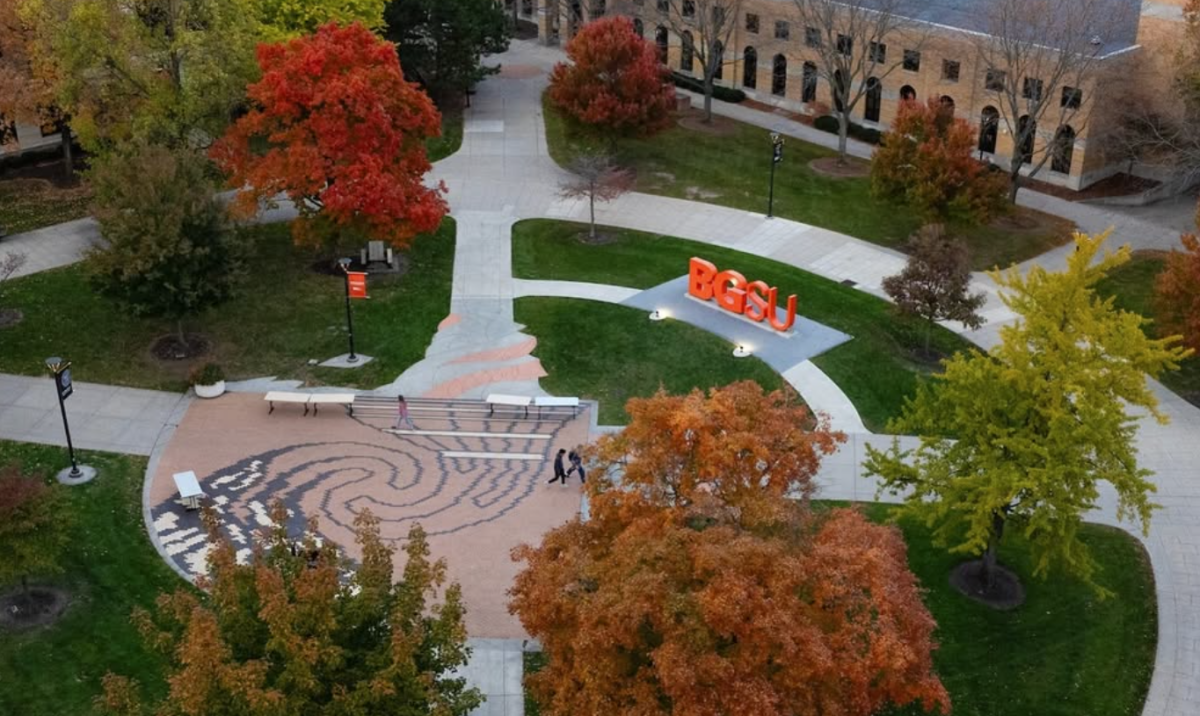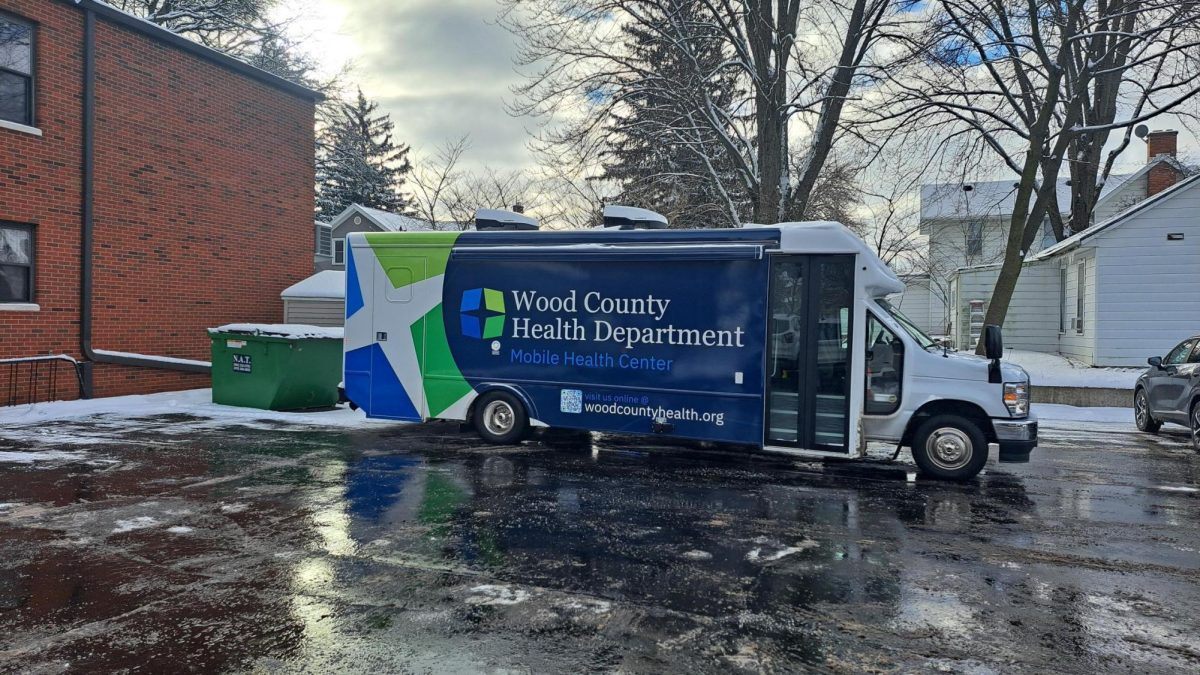The University’s Report It campaign continues to provide informational posters around campus, which encourage students to report hate or bias-related crime.
The posters provide students with contact information to report a crime semi-anonymously.
Capt. Michael Campbell of campus police said this campaign has gone on now for two or three years.
It also helps students who don’t feel comfortable discussing a daunting event with a friend, family member or resident advisor to talk to someone on campus who can either help end it or listen.
Freshman Corey Evans said one of his friends used it to help with a situation they felt uncomfortable discussing with family or friends.
“I know after he used it, his attitude changed,” Evans said. “He said he isn’t afraid to take charge or standing up for himself when it comes to [uncomfortable situations].”
Evans did not wish to comment on what the incident was.
The contact information on the posters includes numbers for campus police, student affairs, the office of the dean of students, multicultural affairs and the LGBT Resource Center.
Campbell described the posters being used as a guide in the right direction for students to get the help when needed.
“The posters’ use is more of a way for students to be informed who to go to if [students] need help,” Campbell said. “The department hasn’t seen much reported crime from these posters like campus organizations do, but we are still here to help.”
Campbell said he thinks a lot of students are unaware of whom they should contact, so these posters are a good way of giving them the right resources to reach out to.
While some students may not take advantage of the information on the posters, Evans said he believes it can only help students.
“I think the posters are a good way for people who want help or some type of guidance, especially after talking to my friend who used it,” Evans said. “Depending on the situation, I would use the contact information.”
James Bachman, adjunct assistant professor in the Human Services Department, has worked in the criminal justice system for 50 years and believes the importance of these posters will only help.
“Students don’t only have to report crime, but can also seek counseling to help deal with it in that way,” Bachman said.
Not only are the posters used to report an incident that has happened to a student, but Tobias Spears, assistant director of Multicultural Affairs, said students who are just witnesses or have heard about specific incidents being committed can come in to just talk about it.
“This way, it will also give the campus a better understanding of where we need to step in and include more resources for students,” Spears said.
In order to report a crime, Spears said students can call the Office of Dean of Students and inform them they want to report a crime. Once students describe the crime, they are directed to a certain organization to talk to.
“For example, if someone called and reported an incident about someone’s sexuality, they would direct them to me since I am with LGBT,” Spears said. “It just depends on what type of incident it is and who can best help.”
Bachman encourages students to speak up when they need help, especially because students will be guided in the right direction.
“The nice thing about being in a college atmosphere is that you can get help from almost anywhere,” Bachman said. “But [students] have to seek the help. We can’t go to you; you have to come to us.”
Students can also visit www.bgsu.edu/offices/sa/reslife/reportit/ for more information.
“We want to encourage students to use the posters and report things so we can be there to help and stop it,” Spears said.













